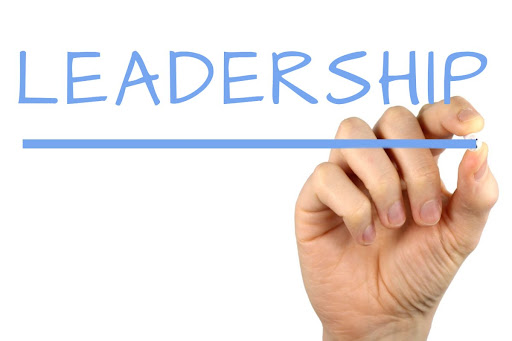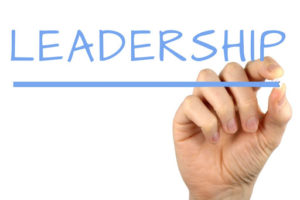If you are new to managing employees or unsure how to handle your team’s schedules with pandemic restrictions, read on for some tips to help navigate library scheduling.
Plan Holidays and Vacations
Most organizations will need some notice if extended time away from work is requested by an employee. Some workplaces even have minimum timelines for these requests to be approved. The farther out schedules are, the easier unexpected situations are to address. Using a spreadsheet or scheduling software, develop a template. Figure the minimum staff needed to work at customer service positions at the library.
With your minimum staff number in mind, map out six to eight weeks of schedules inputting vacations, programs, and time off. Use remaining staff available to develop your desk schedule to serve the public. Keep in mind your customer foot traffic will be less due to Covid closures.
Rotating Staff
If your library is small or has only one service desk, scheduling can be simpler. If your library has multiple floors or has a spacious floor plan, then two or even more service points are the norm. Does your library have a dedicated phone line or does the entire staff answer the phone as needed? Another service point, in the call center, requires scheduling attention.
The recommendation is to rotate professional librarians and paraprofessionals between all service points for seamless customer experiences. Leadership roles should also consider covering public service points, to promote cross training opportunities. In addition, this increases empathy for your team’s interactions with the public too.
Resolving Concerns
Any manager has fielded complaints about the schedule “not being fair.” This is the time to pull out your negotiating skills and leave policy to provide the best answers for scheduling decisions. Employees may not understand about staffing levels, unexpected sick time or prep for programs. Furthermore, being as consistent as possible with every employee is the best method to address conflicts and accusations of favoritism.
Finally, employees love time off the service desk, and managers need to provide a fair and equitable schedule to assist customers and staff.





